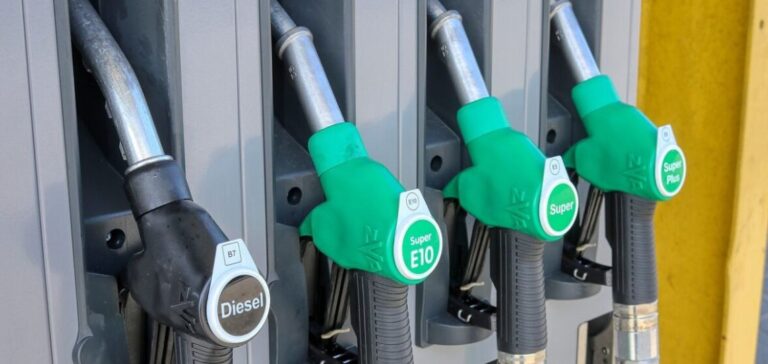The consumers’ association CLCV accuses Wednesday the distributors of fuels to have made “explosive gross margins” on gasoline and oil these last four months, judging that the prices at the pump “must decrease by 10 cents” per liter.
“The large distribution and oil groups keep saying that they are committed to purchasing power, it is time that this is translated into action. The CLCV will not hesitate to seize the competent authorities if the gross margins do not return to normal by the beginning of the summer”, warns Consumption Housing Living Environment (CLCV) in a press release.
Based on the “annual averages” for 2018-2021 of the federation of oil industries, CLCV indicates that “the gross margin +transport distribution” – that is, the difference between the price excluding taxes of fuel and the price at the exit of the refinery – is “generally around 15 cents per liter.
In 2022, this gross margin “fell to very low levels because distributors have chosen not to pass on the entirety of the very sharp rise in crude oil prices following the Ukrainian crisis,” recalls the CLCV, noting that this gross margin “has even been negative in some months. But “since the beginning of the year 2023, this margin is at an all-time high of over 25 cents per liter,” she adds. “It is clear that distributors have been taking very high margins for the past 4 months to make up for their losses in the second half of 2022. This catching up could be understood as long as it was done in a transparent way.
At the European level, prices excluding tax on fuel are falling except in France,” laments the CLCV. The Minister of Energy Transition Agnes Pannier-Runacher had reiterated Tuesday its calls to distributors for fuel prices “fall faster”, and reflect “as close” the decline in international oil prices. Crude oil prices have been hovering around $70-75 per barrel since early May, returning to levels not seen since the start of the war in Ukraine in February 2022.






















